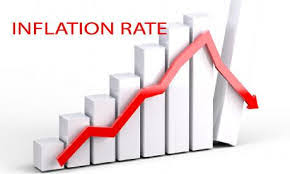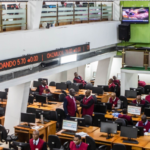Nigeria’s annual inflation dropped to 11.02% in August 2019, the lowest since January 2016, from 11.08% in the previous month. Prices slowed mostly for food amid the on-going harvest season and weak consumer demand, leading from low purchasing power. Please understand the risk of weaker consumer demand will increase, if the proposed VAT increase is finally activated. Recall that only yesterday 16th September, 2019 it was reported that meeting of the Joint National Public Service Negotiating Council (JNPSNC) and the Federal Government on the new minimum wage was deadlocked again, as they failed to agree over relativity and consequential adjustment for the implementation of the new minimum wage.
Year-on-year, prices continued to ease primarily for food (13.17% vs 13.39% in July), as a result of a favourable harvest and subdued consumer demand. Also, cost advanced less for clothing & footwear (9.77% vs 9.83%) and alcoholic beverages, tobacco and kola (10.05% vs 10.16%).
In contrast, prices rose faster for housing & utilities (7.26% vs 7.08%); transport (8.85% vs 8.71%); furnishings & household equipment maintenance (9.17% vs 9.12%); education (8.62% vs 8.57%); health (9.13% vs 9.05%); miscellaneous goods & services (8.54% vs 8.41%); restaurants & hotels (8.11% vs 8.07%); recreation & culture (7.91% vs 7.82%) and communications (7.81% vs 7.76%).
Annual core inflation, which excludes price of volatile agricultural products, fell to 8.68% in August, its lowest level since June 2015, from 8.80% in the previous month.
On a monthly basis, consumer prices went up 0.99%, slightly below a 1.01% increase in the previous month.





Highly descriptive post, I liked that bit. Will there be a part 2? http://Idsandpoint.com/sandpoint-sand-creek.html